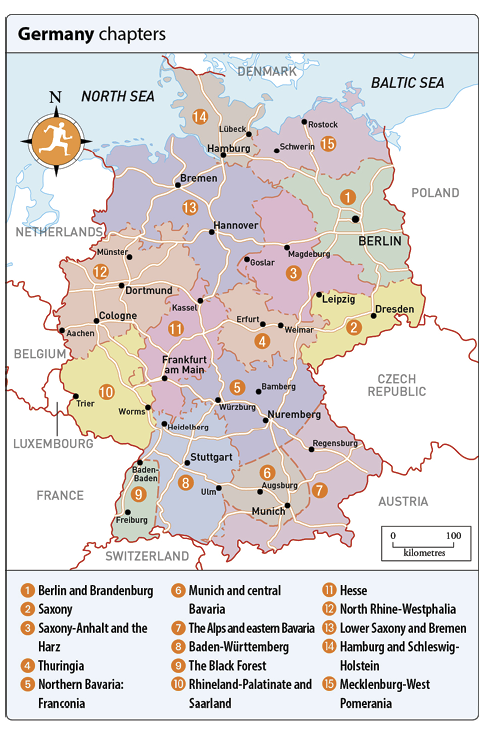Contents
How to use this Rough Guide ebook
This Rough Guide is one of a new generation of informative and easy-to-use travel-guide ebooks that guarantees you make the most of your trip. An essential tool for pre-trip planning, it also makes a great travel companion when youre on the road.
From the section.
Detailed area maps feature in the guide chapters and are also listed in the , accessible from the table of contents. Depending on your hardware, you can double-tap on the maps to see larger-scale versions, or select different scales. The screen-lock function on your device is recommended when viewing enlarged maps. Make sure you have the latest software updates, too.
Throughout the guide, weve flagged up our favourite places a perfectly sited hotel, an atmospheric caf, a special restaurant with the author pick icon  . You can select your own favourites and create a personalized itinerary by bookmarking the sights, venues and activities that are of interest, giving you the quickest possible access to everything youll need for your time away.
. You can select your own favourites and create a personalized itinerary by bookmarking the sights, venues and activities that are of interest, giving you the quickest possible access to everything youll need for your time away.
Munich city skyline
Introduction to Germany
Germany remains something of a sleeping giant in travel terms, for though it attracts roughly the same number of foreign visitors each year as the United Kingdom around 35 million it rarely makes headline news in the travel media, and when it does those headlines are most often about Berlin. The German capital certainly deserves the attention; its as exciting a city as any in Europe. Yet the paeans of praise can sometimes crowd out the rest of Germany, reduced to a picturesque backdrop for Christmas markets or the Oktoberfest. In 2017, the German National Tourist Board rode to the rescue with a Top 100 of the best bits of Germany, and whats most striking about the list is its sheer diversity. To be sure, Berlin, beer and Christmas all feature, but so too do the sub-tropical islands of the Bodensee, the other-worldly crags of Saxon Switzerland and the Mritzsee in the Mecklenburg Lakes this last a peaceful landscape of lakes and forests almost unknown to non-Germans. Alongside the highbrow attractions of Germanys cities architectural jewels such as Hamburgs Elbphilharmonie and Wrzburgs Residenz the list also includes some of the most raucous, fun-packed theme parks in Europe. There is, in short, much here for the visitor to enjoy. And much of it remains to non-Germans at least undiscovered.
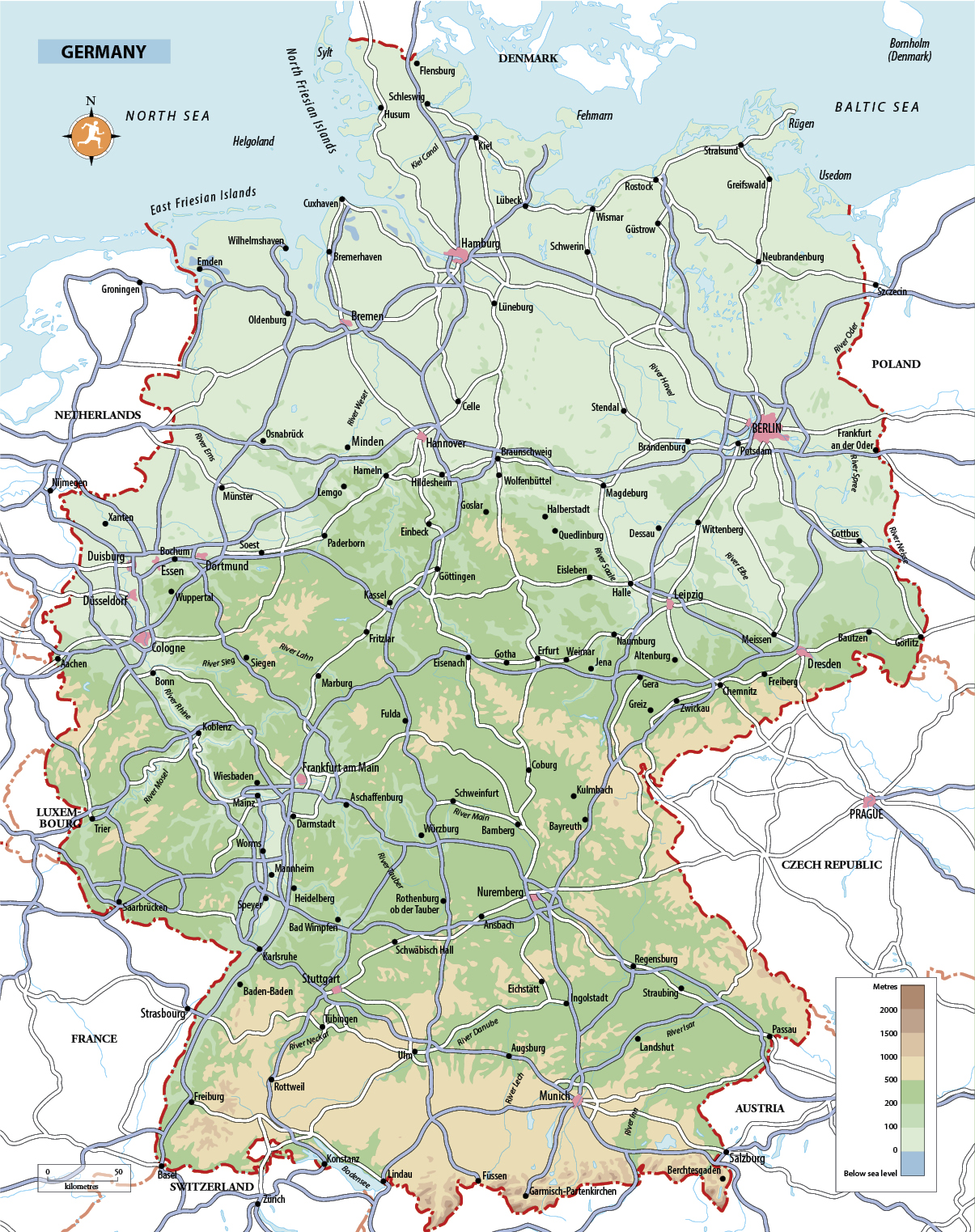
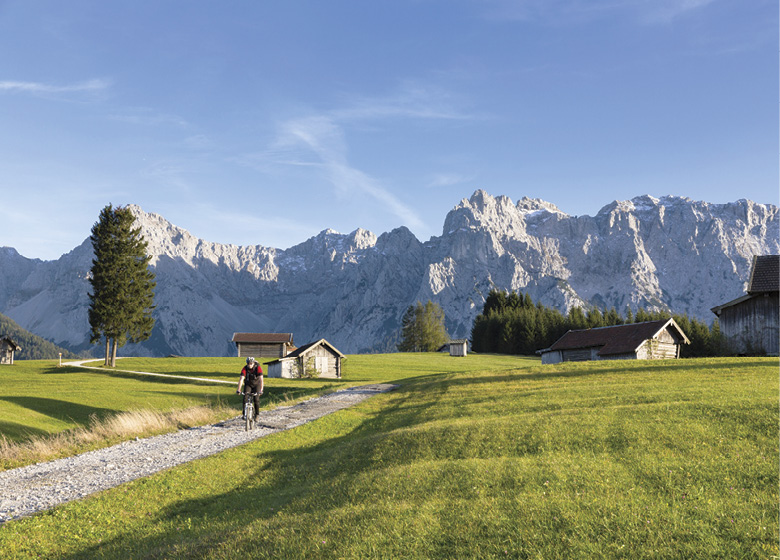
Karwendel mountains, Werdenfelser Land
If Germany is misunderstood by outsiders, recent history is to blame. It is not even three decades since the Berlin Wall was chipped away to end a turbulent and agonizing century for the country, ill-served at crucial points in its brief history as a united nation-state by rulers who twice led it into disaster: in 1918, as Kaiser Wilhelm IIs vainglorious dream of empire ended in defeat, starvation and revolution; and at the end of World War II, as Hitlers vile race-war rebounded in terrible fashion on the German people who had chosen him as their leader. There followed a period of 45 years in which not one Germany but two faced each other across a tense international divide the so-called Iron Curtain throughout the years of the Cold War.
Political fragmentation is nothing new in Germany. From the tenth century until the early nineteenth, the Holy Roman Empire provided only a loose semblance of sovereignty over a vast collection of states, and its this jumbled history, as much as the countrys varied geography, that explains Germanys sheer diversity. For centuries many of Germanys cities governed themselves without feudal overlords, while elsewhere the feudal states ranged from substantial kingdoms like Prussia, Saxony or Bavaria to tiny landgraviates and prince-bishoprics. Yet each made its contribution to Germanys heritage, in the architectural and cultural splendour of many a former Residenzstadt. The Lutheran Reformation and its aftermath left their mark too: northern Germany is predominantly Protestant, the south more Catholic.
Germanys contribution to the world of classical music is undeniable, and provides a powerful pretext for a visit for many, whether to experience the glories of the Berlin Philharmonic or of Wagners Ring at Bayreuth, or to follow in the footsteps of great composers: Bach in Leipzig, Beethoven in Bonn. Germanys reputation as the cradle of modernism is also well deserved, and a pilgrimage to the Bauhaus in Dessau or the Weissenhofsiedlung in Stuttgart is sure to please design fans. German modernism was preceded by the older traditions of the Romanesque, Gothic, Renaissance, Baroque and Rococo, each of which left a rich legacy of artistic and architectural treasures. Germanys fine art is less well known, yet from the pioneering realism of Albrecht Drer to the ethereal Romanticism of Caspar David Friedrich, its well worth discovering. Most German cities of any size have excellent galleries, with Berlin and Cologne hubs of the European contemporary art scene.
Not that the pleasures of Germany are all intellectual. The excellence of its famous beer derives from the sixteenth-century Reinheitsgebot, the worlds oldest food purity law. Germanys food culture is traditionally characterized by wholesome but hearty dishes, yet the impact of immigration, travel and culinary ambition has been powerful, and modern German cuisine is lighter and more international in flavour. Though the dangers of overindulgence are ever present, so too is the antidote. The tradition of the Kur or spa visit has endured to a far greater extent in Germany than elsewhere, and there are innumerable spa towns up and down the country. And of course, there is an outdoors that is truly great: a location at the heart of Europe means the country is full of scenery that seems cherry-picked from the best bits of its neighbours. Between the white powder beaches of the Baltic and Bavarias Alps youll discover everything from endless forests and lush meadows to gorgeous swooping river valleys like the Rhine, the Mosel and the Elbe. Small wonder the Germans make full use of their scenery, whether for hiking and cycling, excellent ski runs in winter or a whole raft of watersports.
Indeed the Germans themselves are one of the unsung pleasures of a visit. The officious neighbour who complains if you dont hang your socks out to dry in coloured order may not be entirely fictional, but youre more likely to be struck by the warmth and open-mindedness of Germanys people particularly its young people. Germany today is a world away from the uptight humourless nation of popular imagination just one more example of where the reality is far more interesting than the clichs.

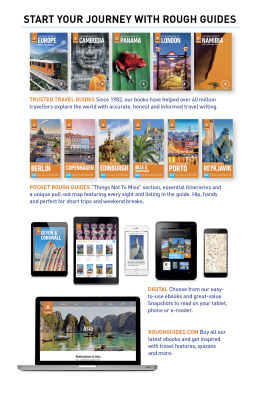

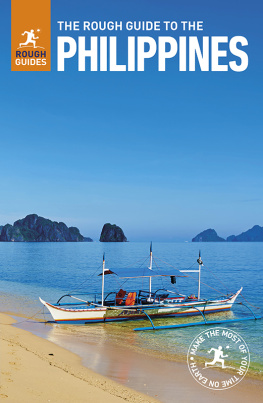
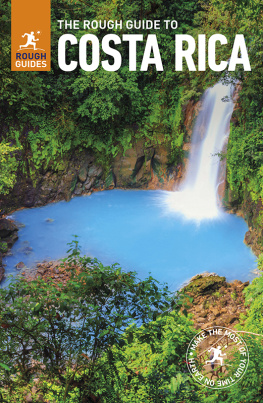
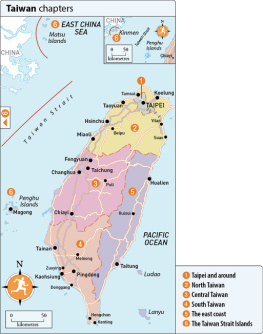

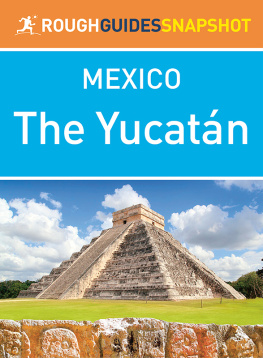
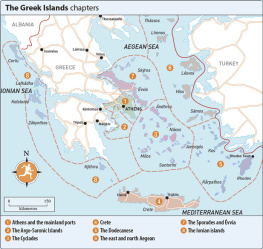


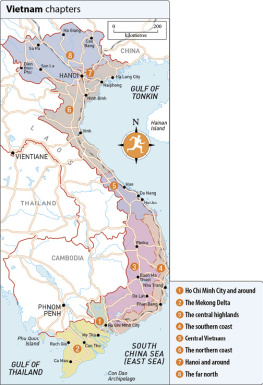



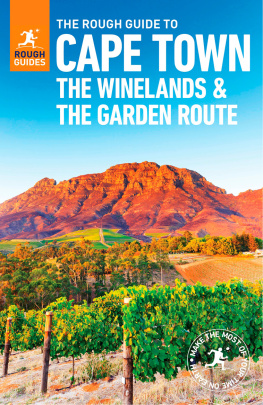
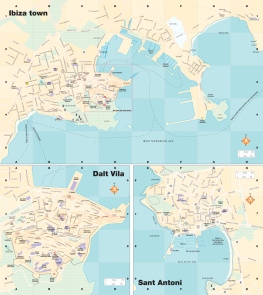

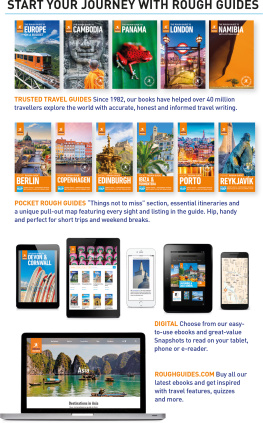
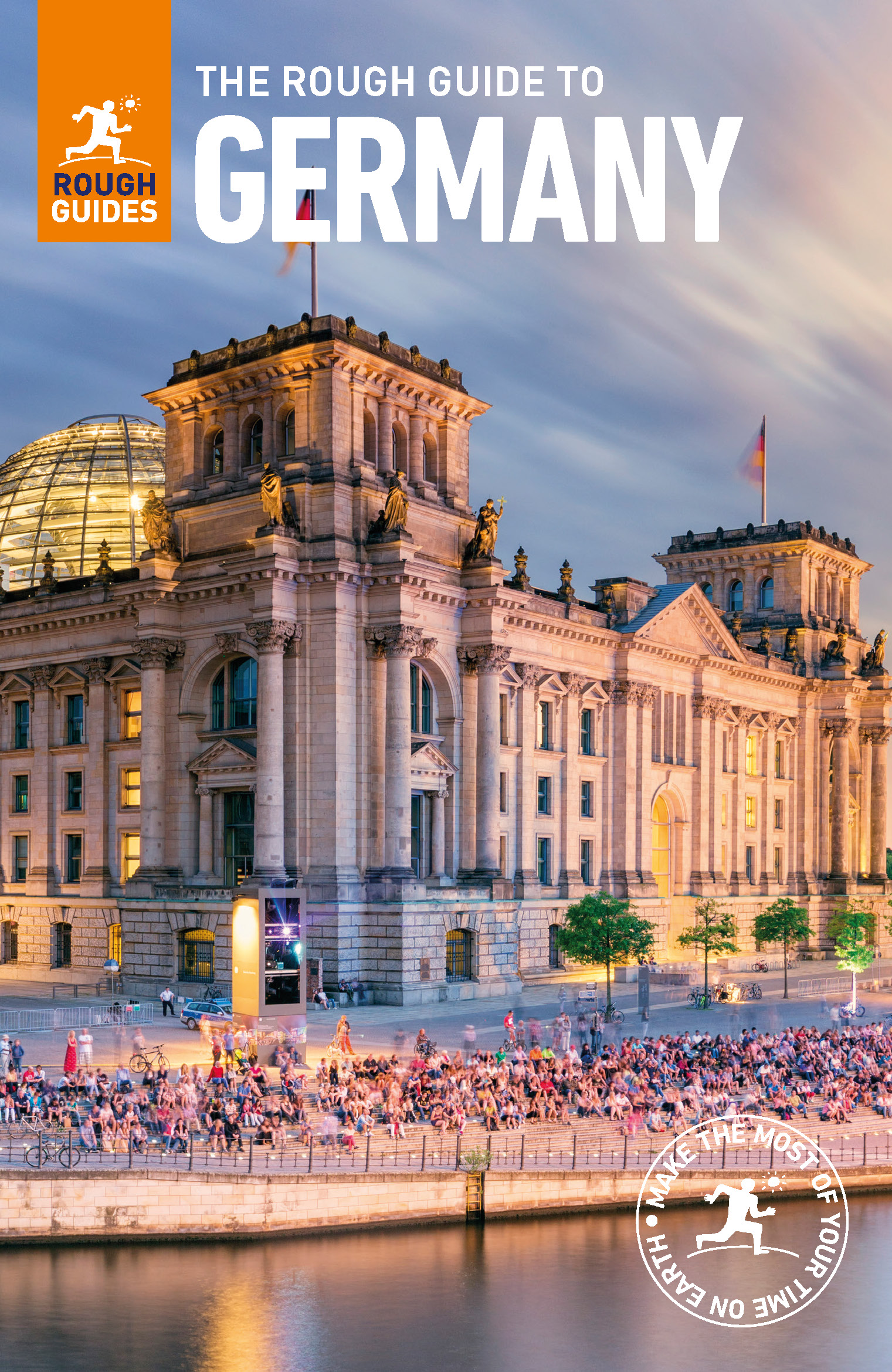
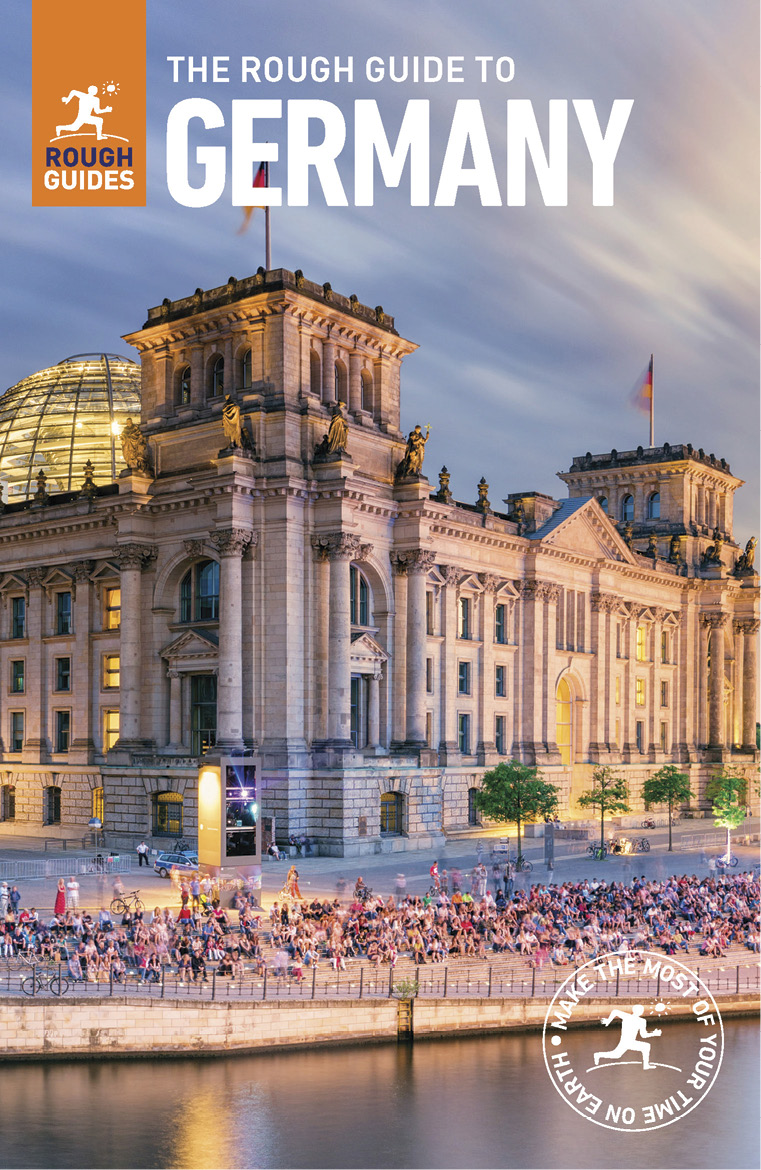
 . You can select your own favourites and create a personalized itinerary by bookmarking the sights, venues and activities that are of interest, giving you the quickest possible access to everything youll need for your time away.
. You can select your own favourites and create a personalized itinerary by bookmarking the sights, venues and activities that are of interest, giving you the quickest possible access to everything youll need for your time away.